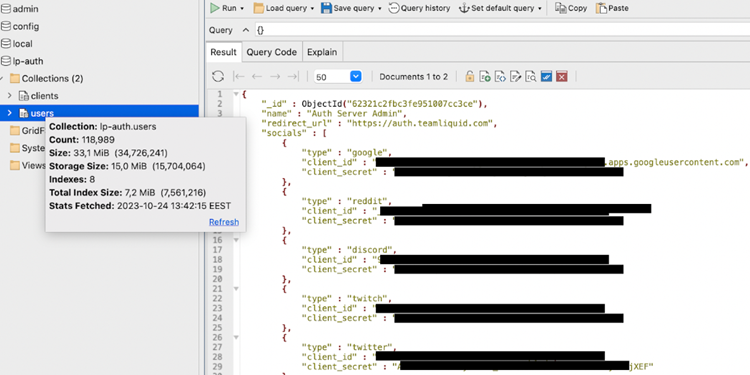The Ministry of Foreign Affairs for Saudi Arabia reportedly experienced a major data breach, exposing the personal information of over 1.4 million employees, including names, contact details, and job titles.
Phishing scams in the UAE are on the rise, with fake websites posing as legitimate authorities and tourist sites. Scammers are using black hat SEO techniques to manipulate search engine rankings and promote fraudulent websites.
Liquipedia, an e-sports platform run by Team Liquid, experienced a data breach that exposed users’ email addresses and other details. The breach was caused by a publicly accessible and passwordless MongoDB database.
The Kansas state court system is recovering from a ransomware attack that occurred in October. The attack, carried out by a Russian ransomware gang, disrupted the operations of the court system for weeks and forced officials to use paper records.
The privilege escalation flaw (CVE-2023-29357) allows attackers to gain administrator privileges by bypassing authentication, potentially leading to unauthorized access and control.
Passkeys in Bitwarden are generated using the PRF WebAuthn extension, which derives a unique encryption key from the passkey and enhances security. The passkey feature is currently in beta and available in Chromium-based browsers.
Researchers from Qualys have warned of a new wave of job scams on Facebook’s Meta platform. Scammers are using Facebook ads to lure users with offers of remote work and then stealing their personal data and banking credentials.
Cybersecurity researchers warn that the recent attacks on Denmark’s energy sector highlight the need for critical infrastructure organizations across Europe to remain vigilant against exploits targeting unpatched network infrastructure devices.
The leaked data, containing names, phone numbers, and addresses, appears to be accurate according to users listed in the file. Customers should be cautious of potential smishing attacks and the misuse of their information for fraudulent purposes.
The complexity of attributing cyber incidents to specific entities, such as nation-states or criminal groups, poses challenges when applying exclusions in insurance policies.








